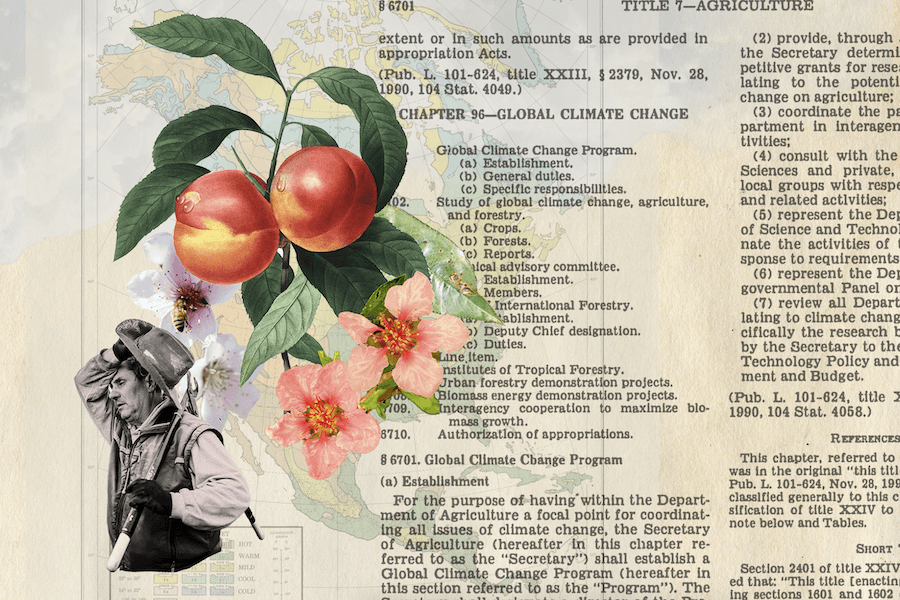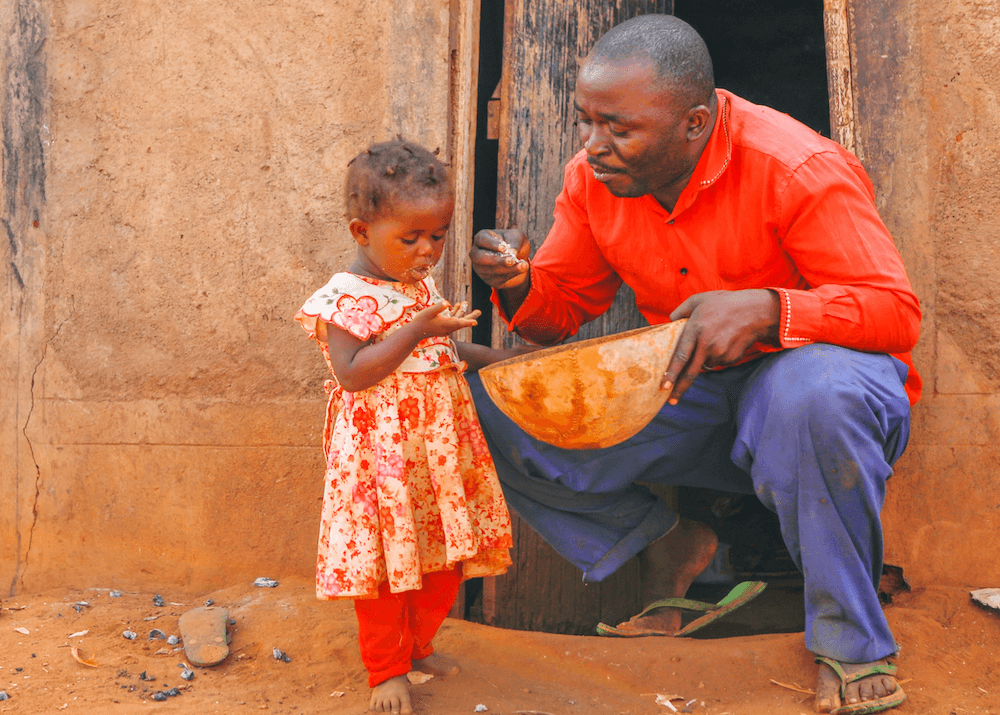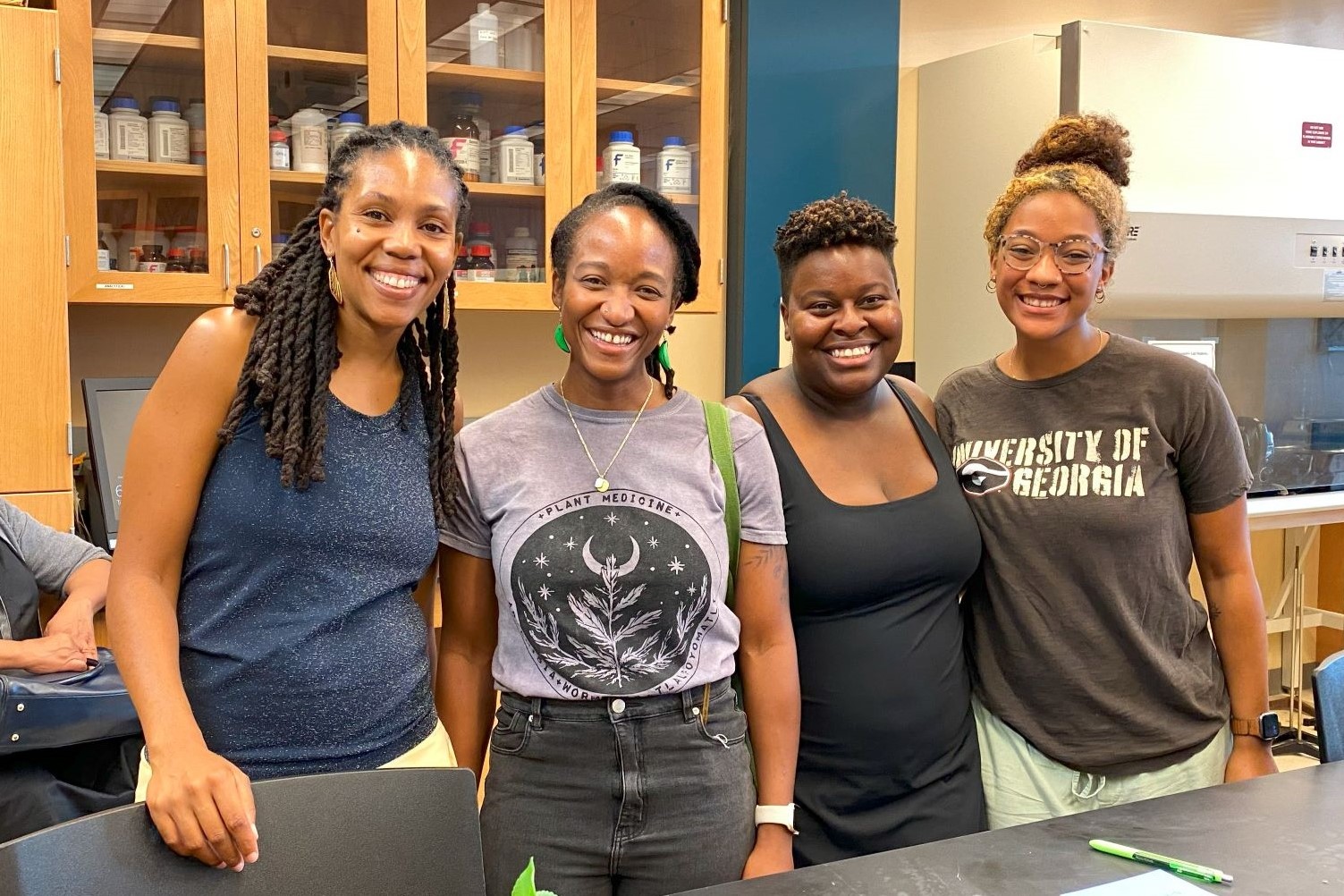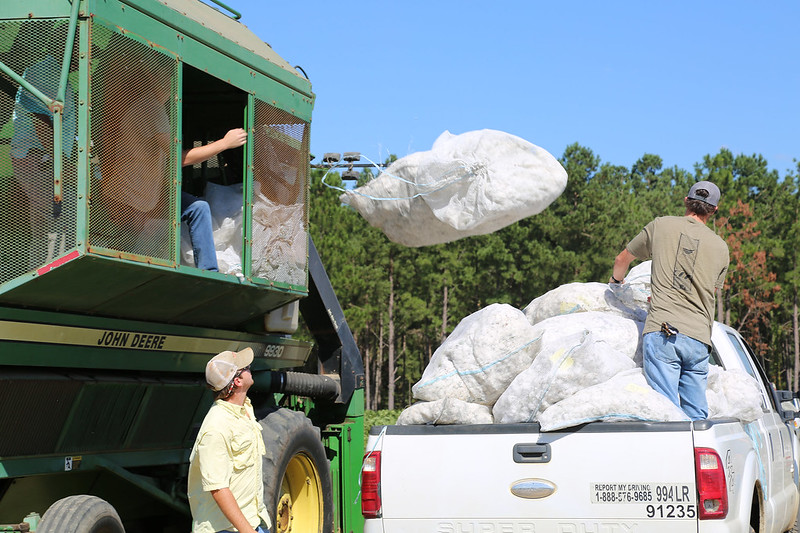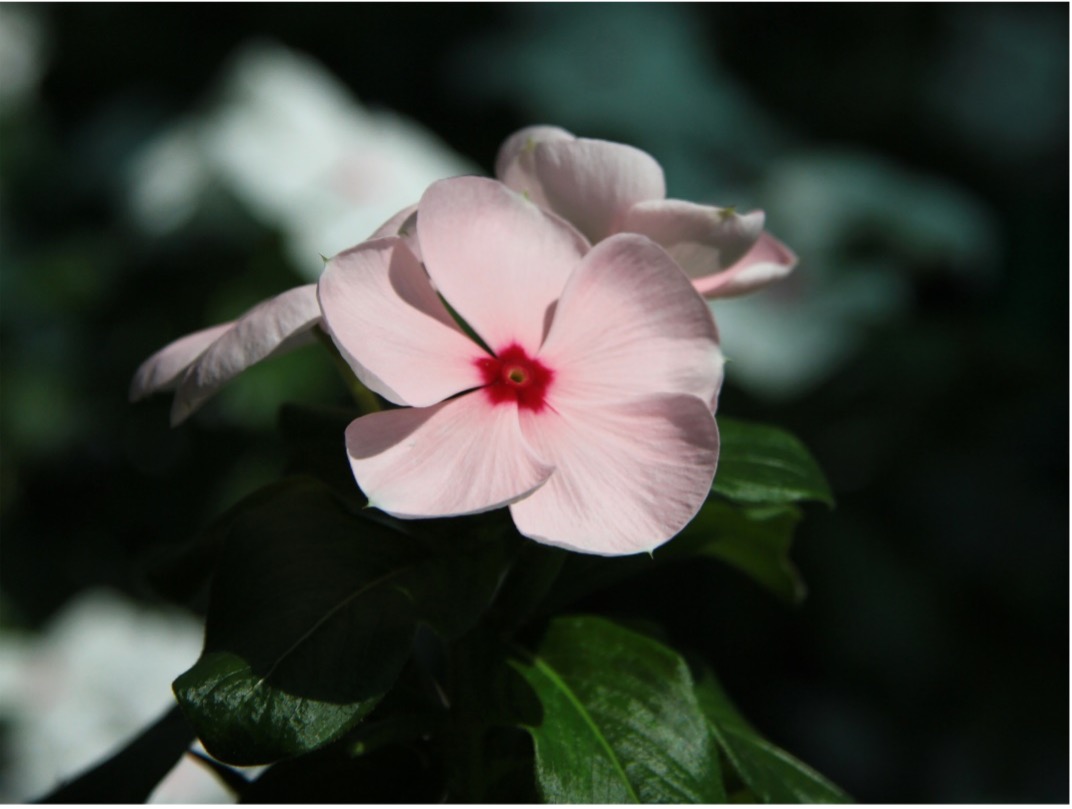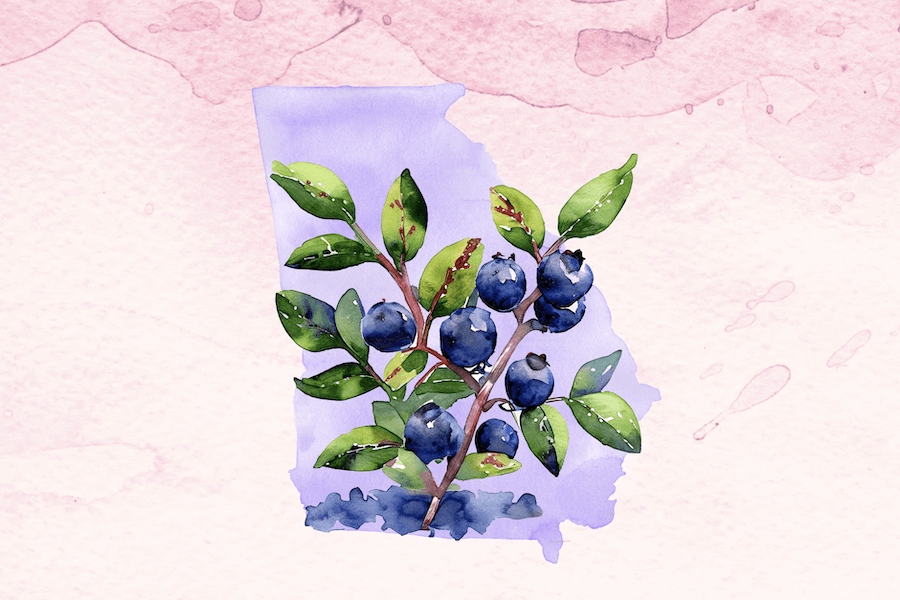 CAES News
CAES News
Blueberry Fields Forever
For Zilfina Rubio Ames, blueberry research begins after the plant is bred and in the ground. An assistant professor of horticulture in the University of Georgia’s College of Agricultural and Environmental Sciences and a small-fruit specialist with UGA Cooperative Extension, Rubio Ames endeavors to better understand blueberry plant physiology and how it can be manipulated to increase production efficiency.

